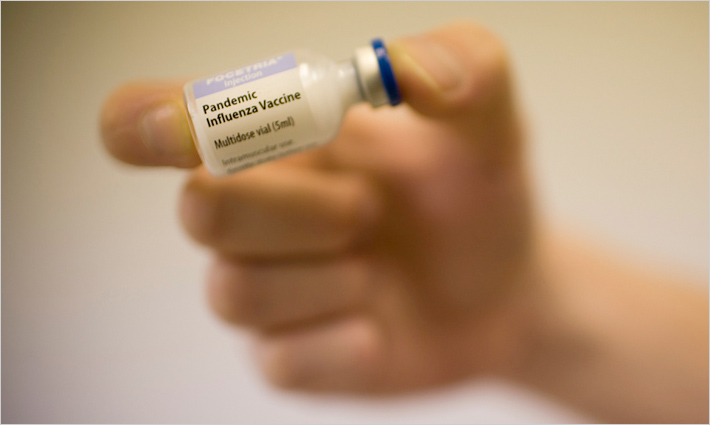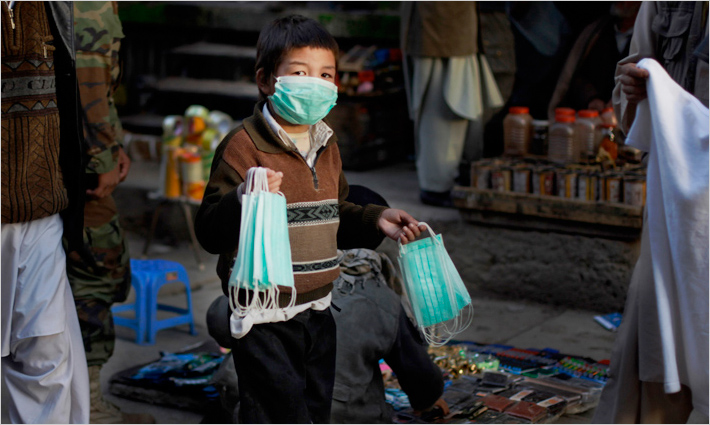How to prepare for the next Pandemic
 You can prepare for an influenza pandemic now. You should know both the magnitude of what can happen during a pandemic outbreak and what actions you can take to help lessen the impact of an influenza pandemic on you and your family. This checklist will help you gather the information and resources you may need in case of a flu pandemic. Before a PandemicWater Store at least one month’s supply of water. Following a pandemic, clean drinking water may not be available. Your regular water source could be cut-off or compromised through contamination. A normally active person needs at least one gallon of water daily just for drinking however individual needs vary, depending on age, physical condition, activity, diet, and climate. Food Store at least one month’s supply of food. Choose salt-free crackers, whole grain cereals, and canned foods with high liquid content. In addition to these, it is highly recommended that you get some MREs (Meals, Ready to Eat), freeze-dried and dehydrated foods which are light, easy to transport, and last up to 25 years. Avoid foods that will make you thirsty. Keep in mind that an average adult consumes 2,000 to 3,000 calories a day. Emergency Kit A basic emergency kit should contain (at least) the following items:
Family Plan Your family may not be together when disaster strikes, so it is important to know how you will contact one another, how you will get back together, and what you will do in case of an emergency. Plan places where your family will meet, both within and outside of your immediate neighborhood. Know your community’s warning systems and disaster plans, including evacuation routes. Medicine Have any nonprescription drugs and other health supplies on hand, including pain relievers, stomach remedies, cough and cold medicines, fluids with electrolytes, and vitamins. Periodically check your regular prescription drugs to ensure a continuous supply in your home.  During a PandemicLimit the Spread of Germs and Prevent Infection.
|